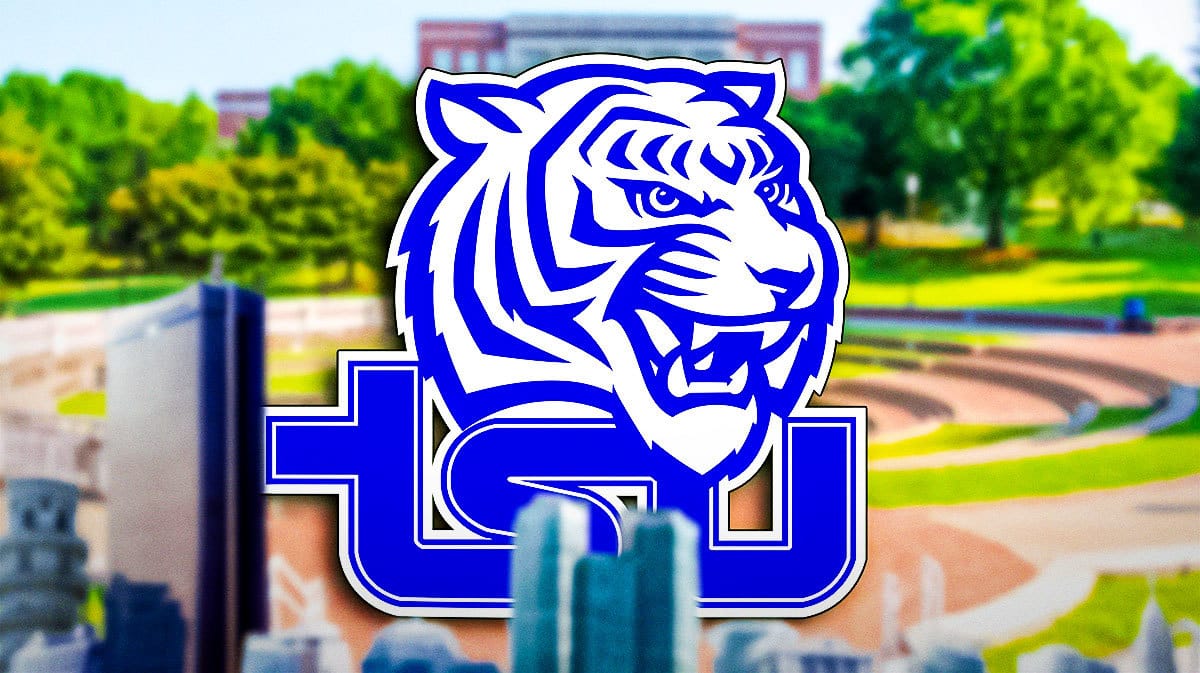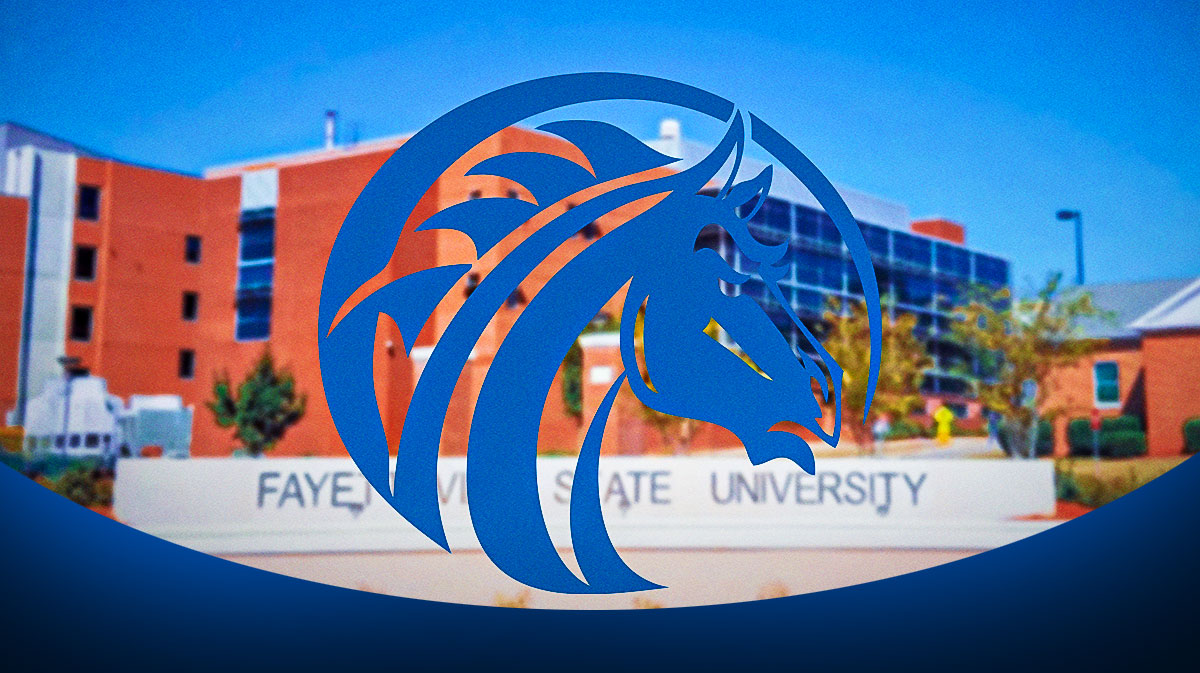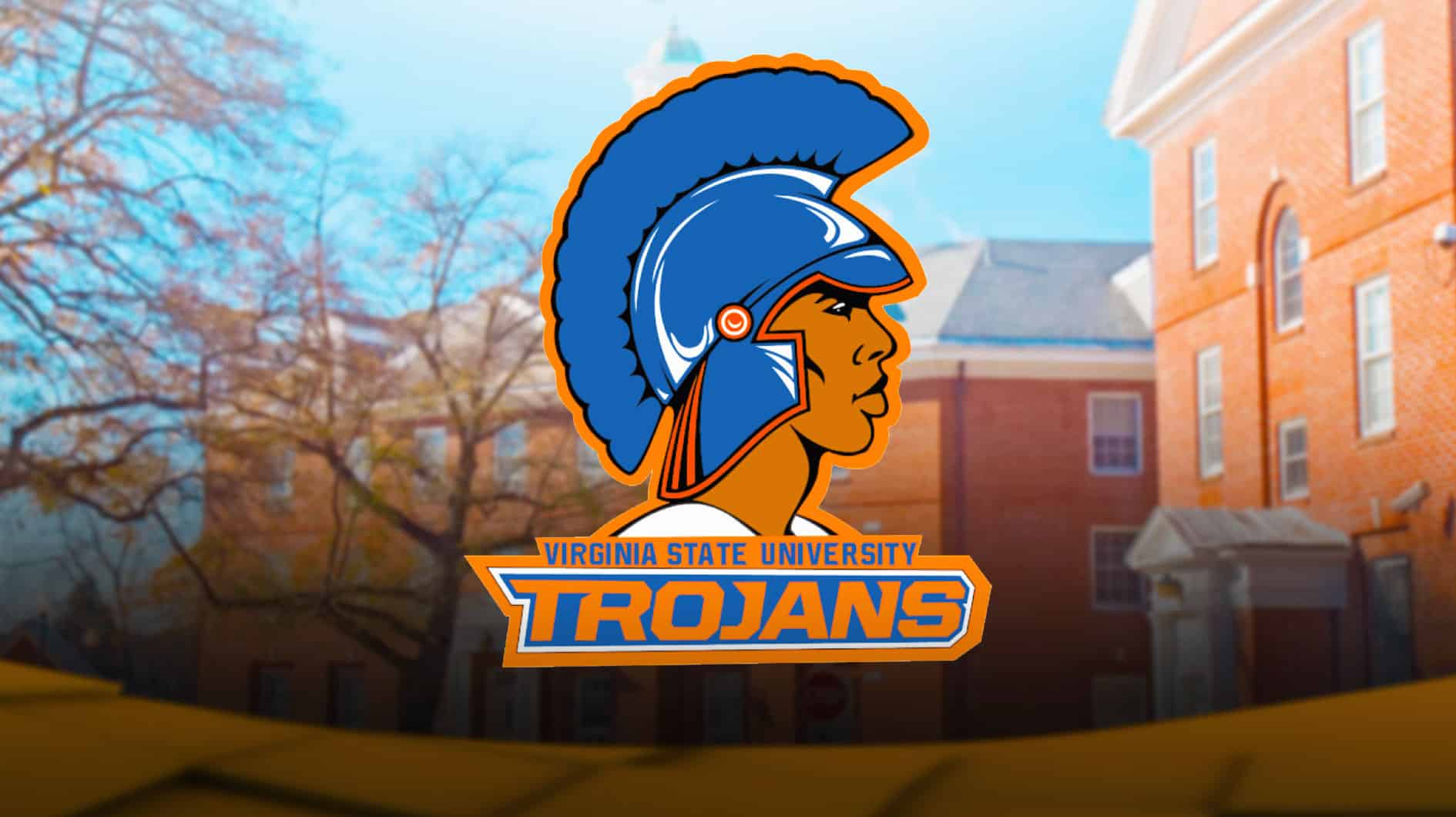On September 23rd, a conservative group called Fearless Debates made an unauthorized appearance at Tennessee State University. The group, known for engaging in politically charged debates on college campuses, was met with protests from TSU students after arriving for what they called their “Fearless Tour,” marking TSU as the first HBCU they would visit.
The university was swift to respond, releasing a statement confirming the group’s removal and clarifying that all campus demonstrations and protests require prior approval. TSU emphasized that its students conducted themselves in a professional and respectful manner throughout the incident.
As news of the group’s appearance and its promise to visit other HBCUs circulated, it sparked a varied but important conversation. Many people believe that HBCUs deserve their sovereignty and that such groups should not be permitted on our campuses, especially when they appear to be provoking students rather than seeking respectful dialogue. The topics they present—often centering on highly charged issues of race, identity, and immigration—are not conducive to amicable, policy-based discourse.
A subset of the public, however, believes the group should have been met with “fierce debate” from students in the name of the First Amendment. This sentiment fundamentally misunderstands the purpose of HBCUs. These institutions were created as safe havens for Black students. As we move into homecoming season and students focus on their studies, future legacies, and campus traditions, they should not be involuntarily confronted with unauthorized visitors promoting extreme political viewpoints.
The group’s provocative actions, including setting up a white table with signs that declared “Diversity, Equity, and Inclusion should be illegal” and called for the deportation of immigrants, are not the makings of respectful discourse. In fact, this approach is intellectually dishonest. Students should not be forced to defend their right to exist or the right of HBCUs to exist within the higher education system. They should not have to explain and defend the true meaning of DEI, which is meant to promote fair, inclusive, and respectful environments.
These incidents are nothing more than plays for attention. They are schemes to generate clicks and views on social media platforms, legitimizing dangerous rhetoric that threatens the very ideals on which HBCUs stand. If groups like this truly wish to engage in respectful dialogue on pressing issues, they should reach out to HBCUs and do so correctly, through sanctioned events that allow for proper preparation. They should offer to debate the university’s debate teams, allowing students to present thorough research and facts, creating a positive and constructive exchange and the ability to disarm these talking points.
Instead, many of these groups prefer to turn a day of classes into a political spectacle. What happened at Tennessee State should not have happened. HBCUs are not pawns in an ideological game designed to redefine or delegitimize diversity and inclusion. They are institutions meant to create the next generation of change agents who will go on to build businesses, become public servants, and enact policy. They are here to educate the minds of tomorrow and to continue to stand tall as pillars of their communities. This is something we should continue to protect.





